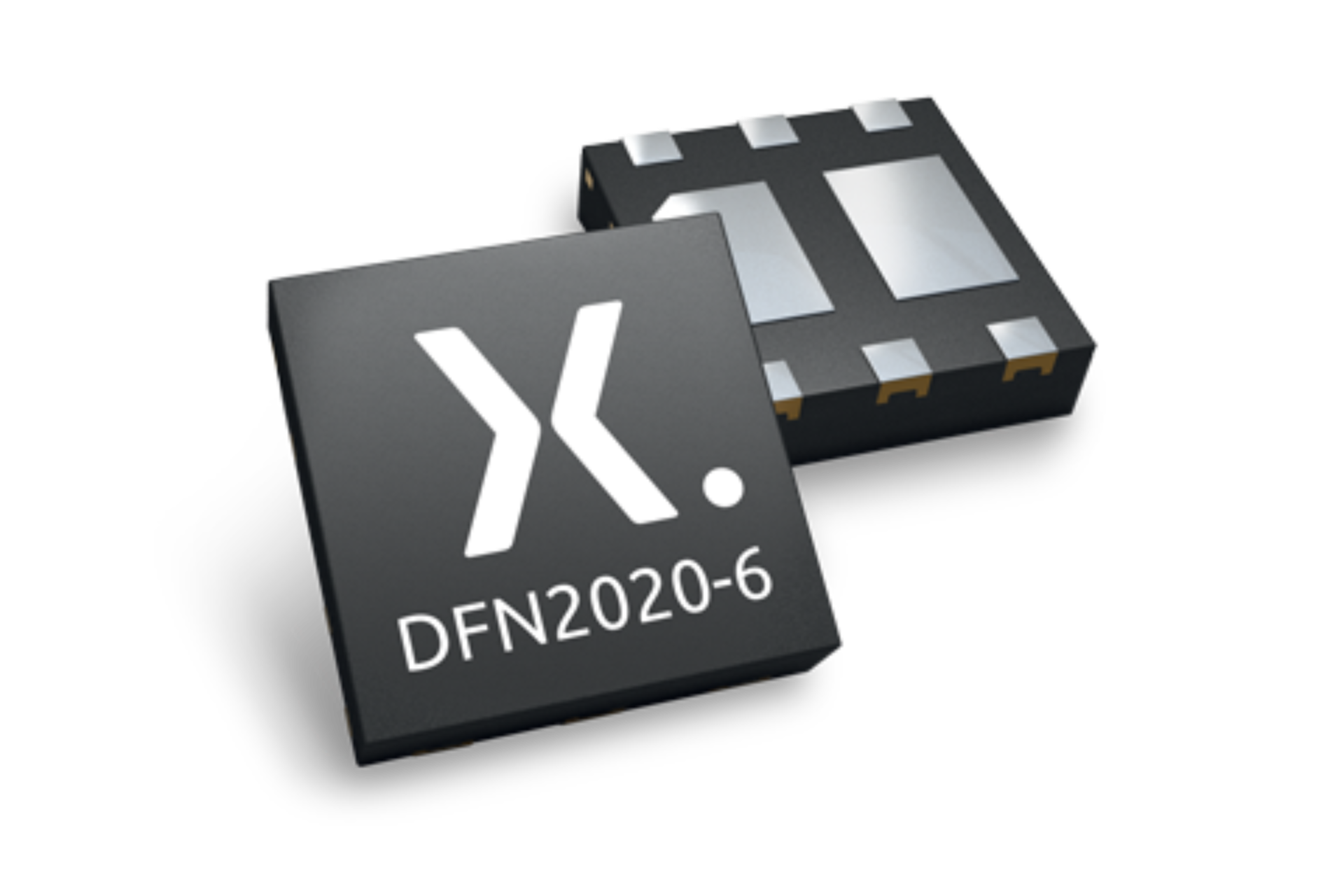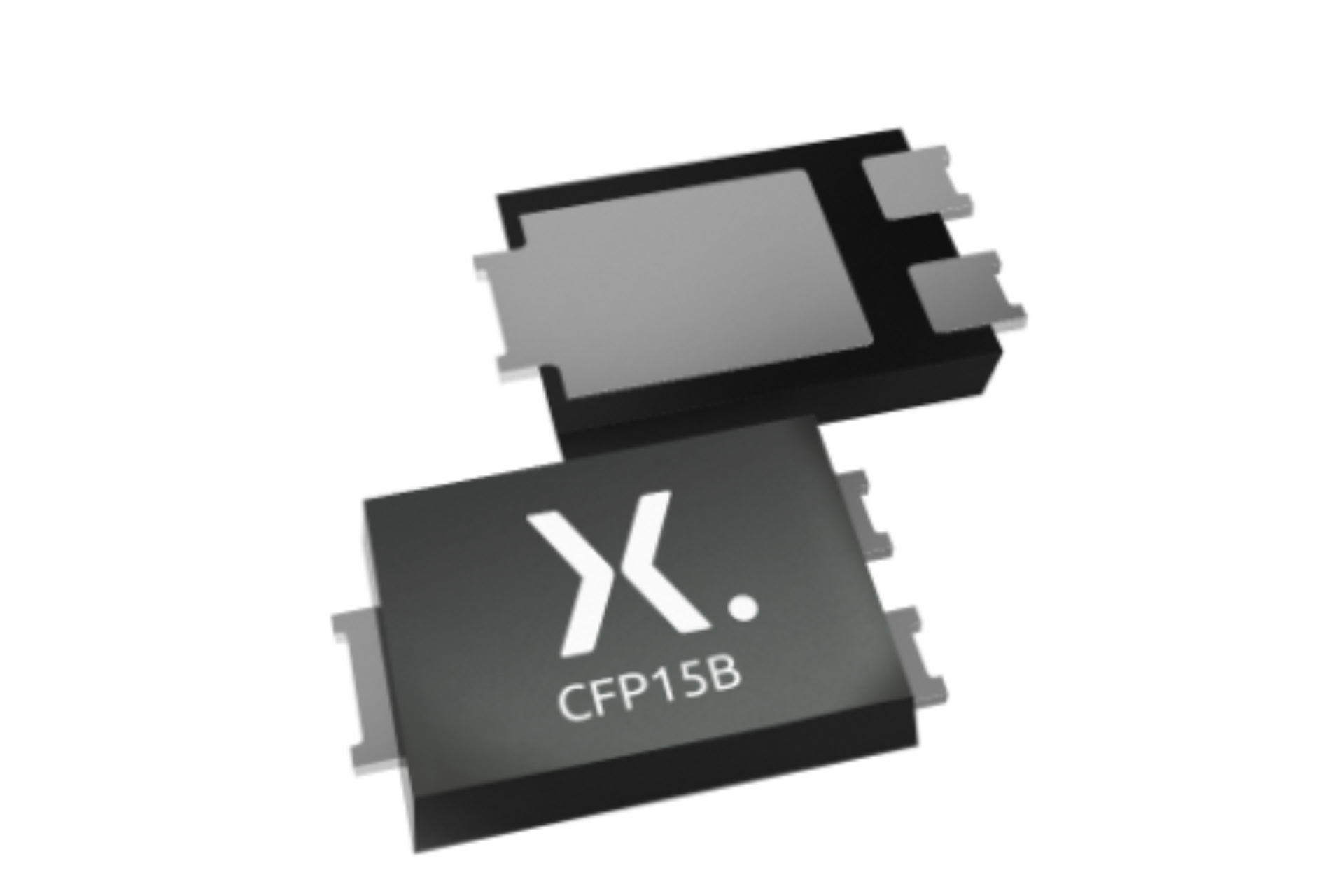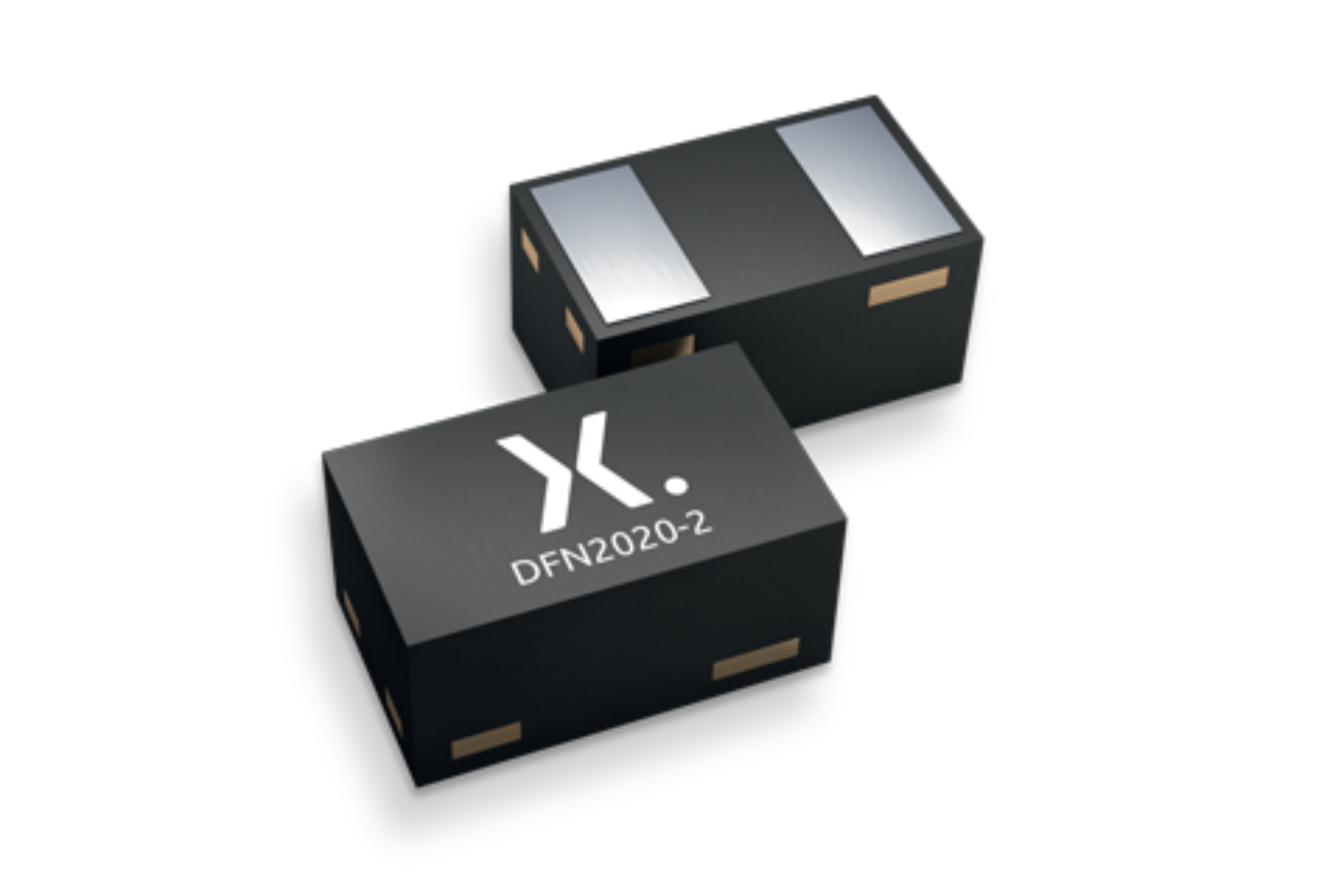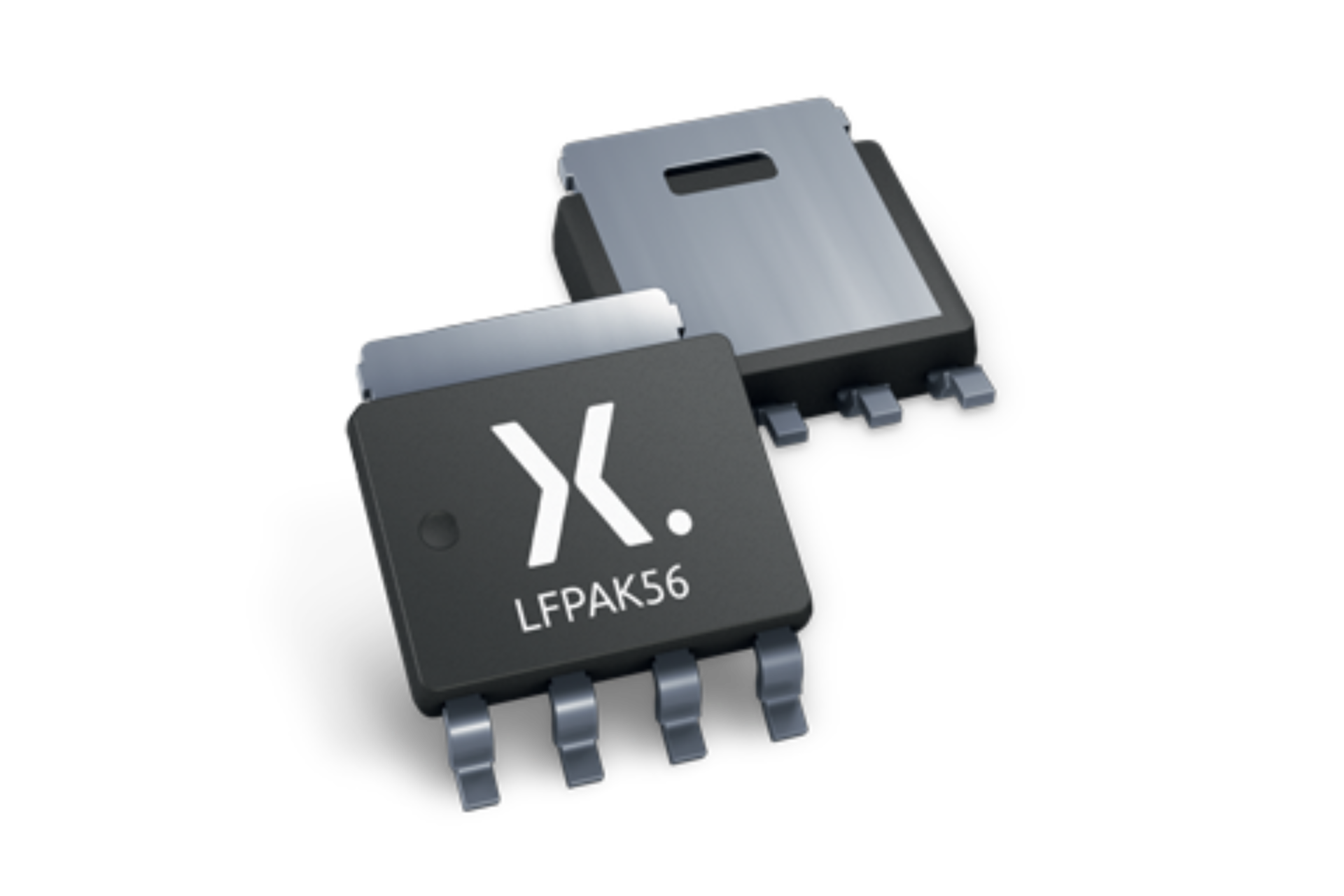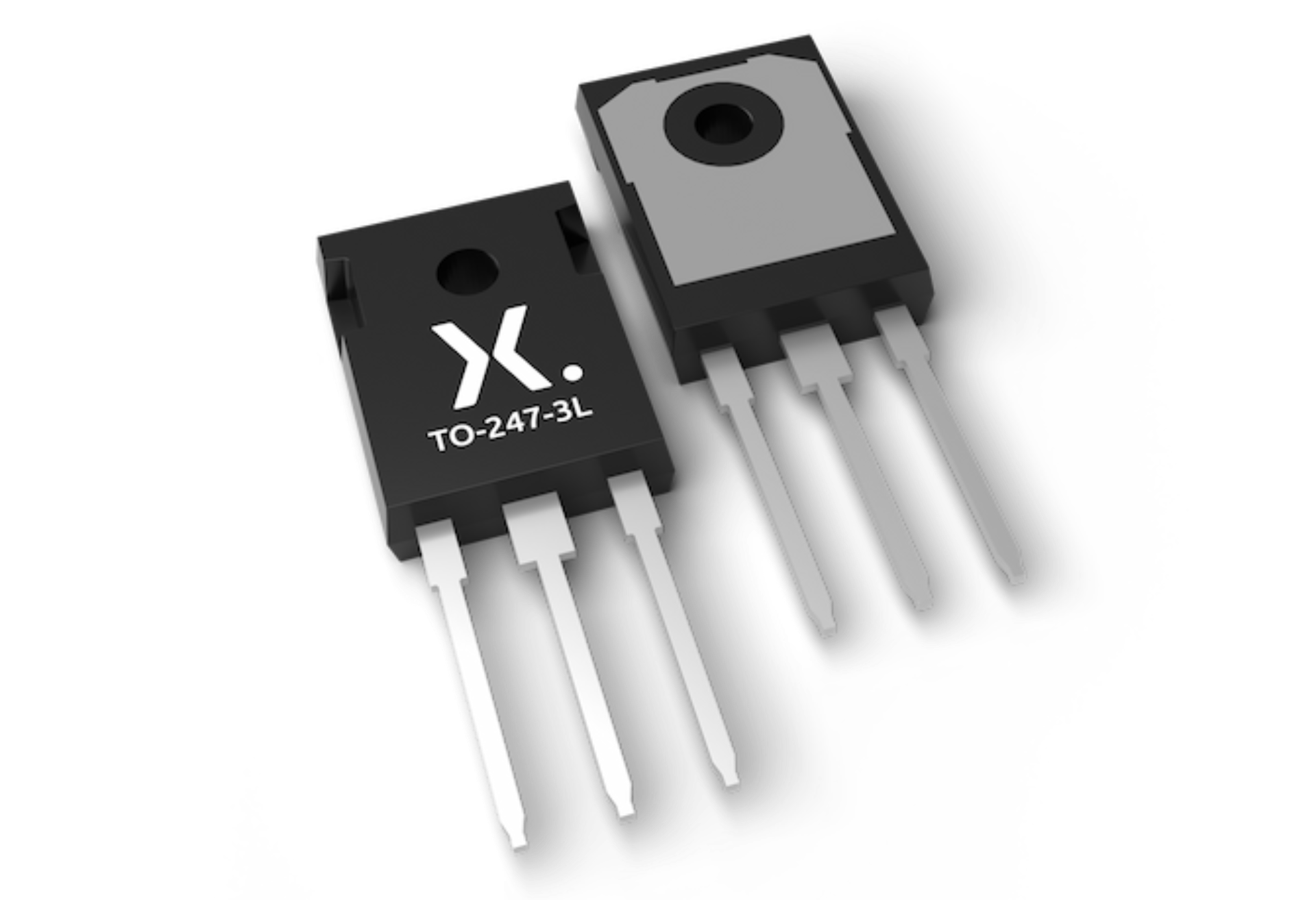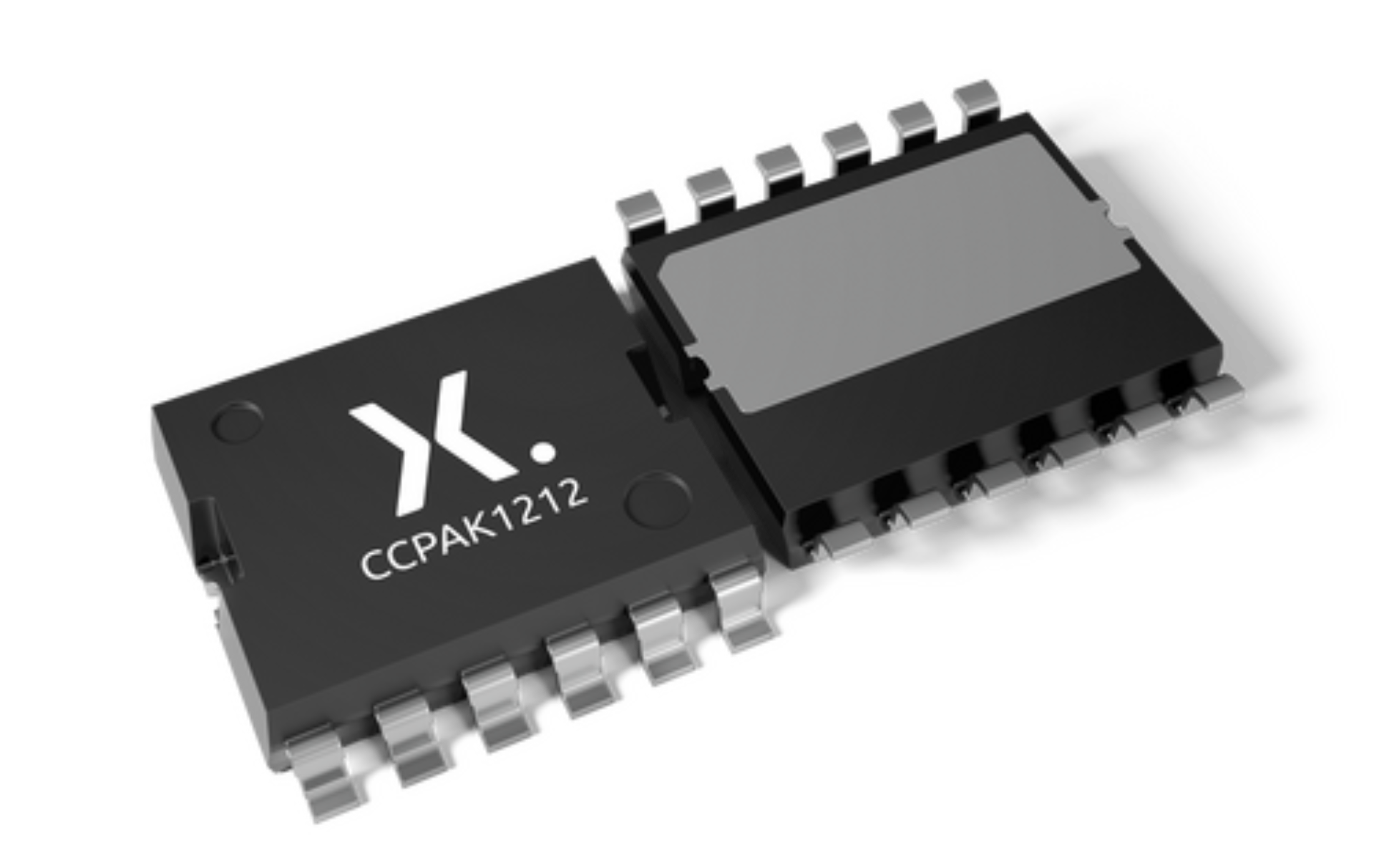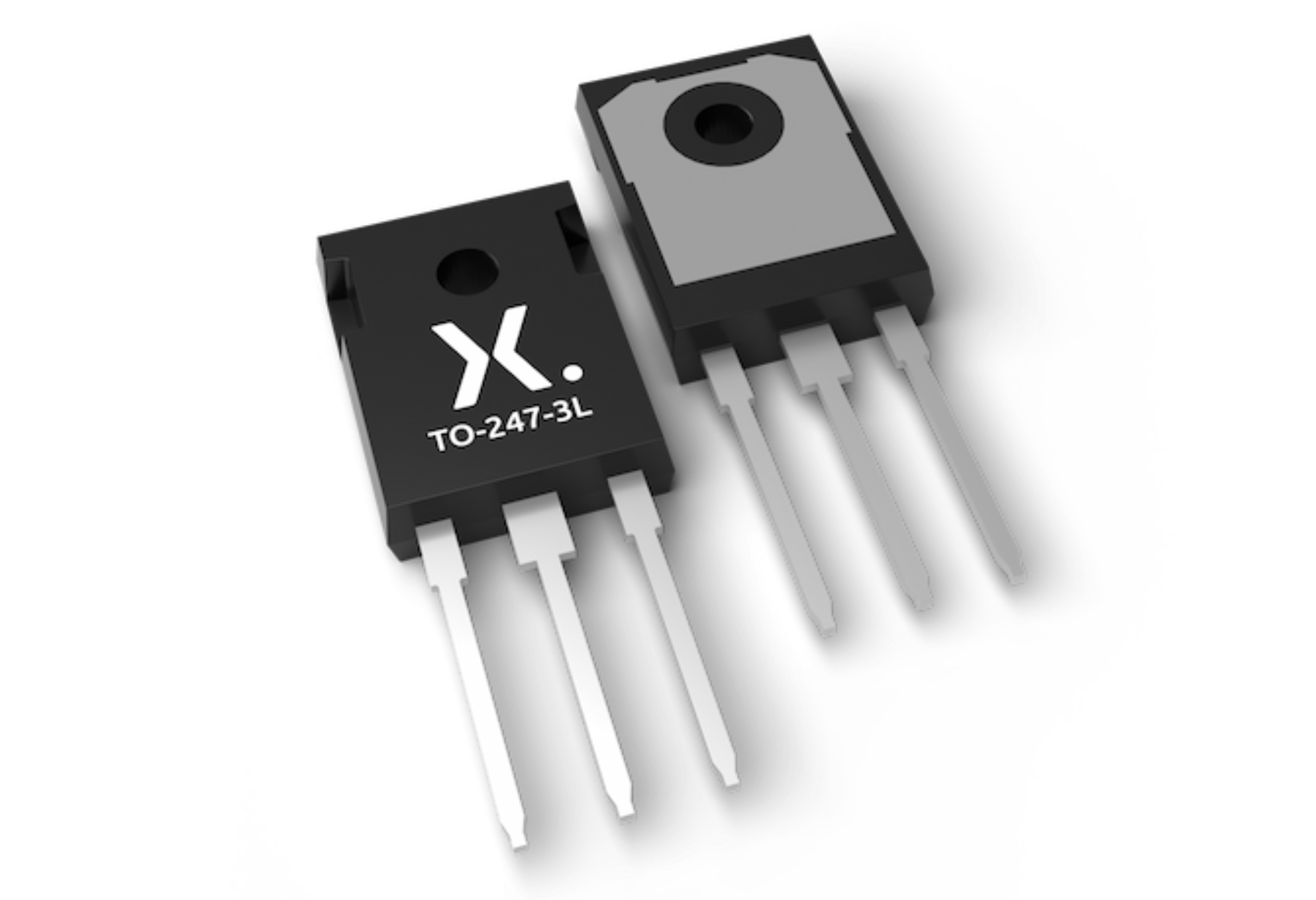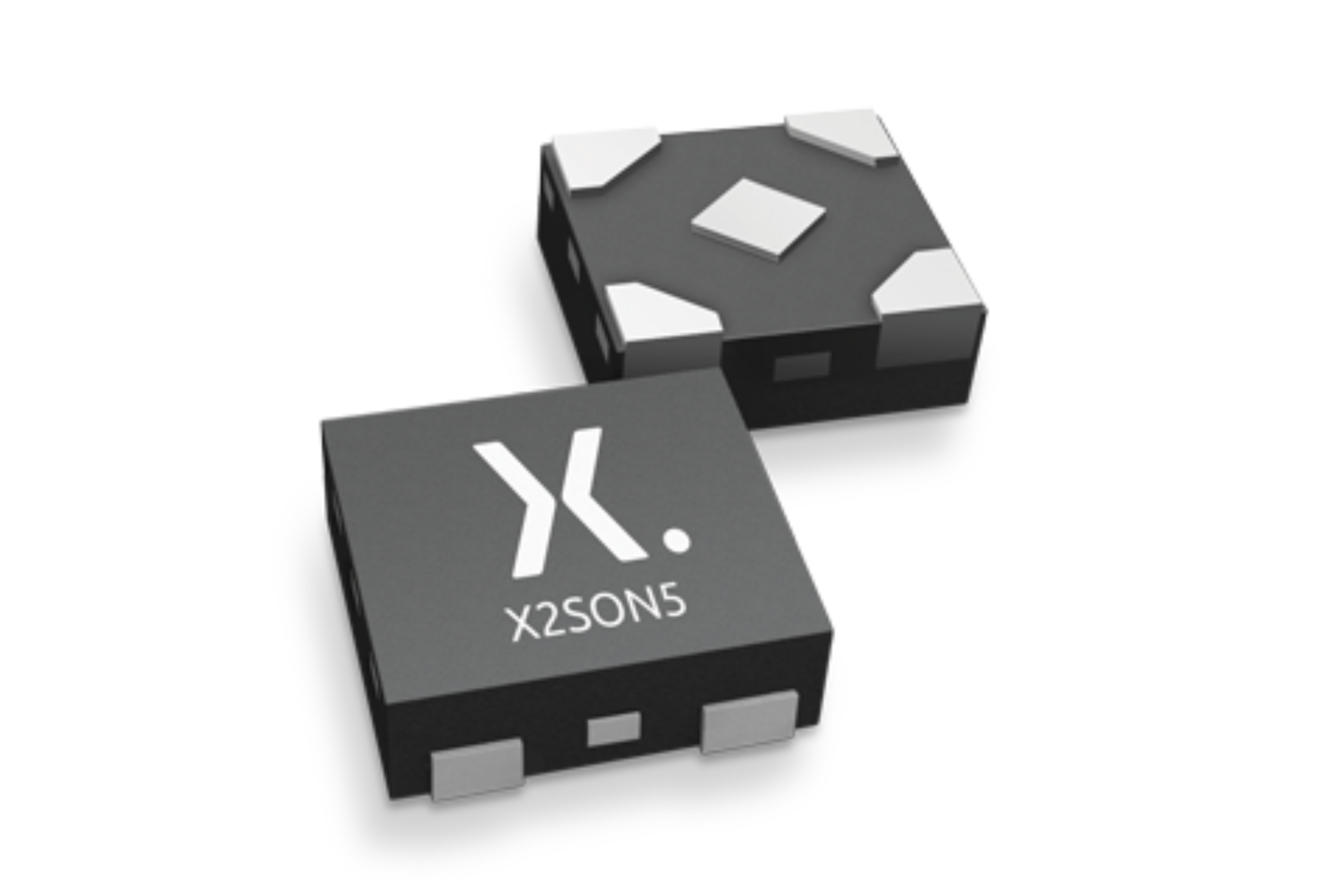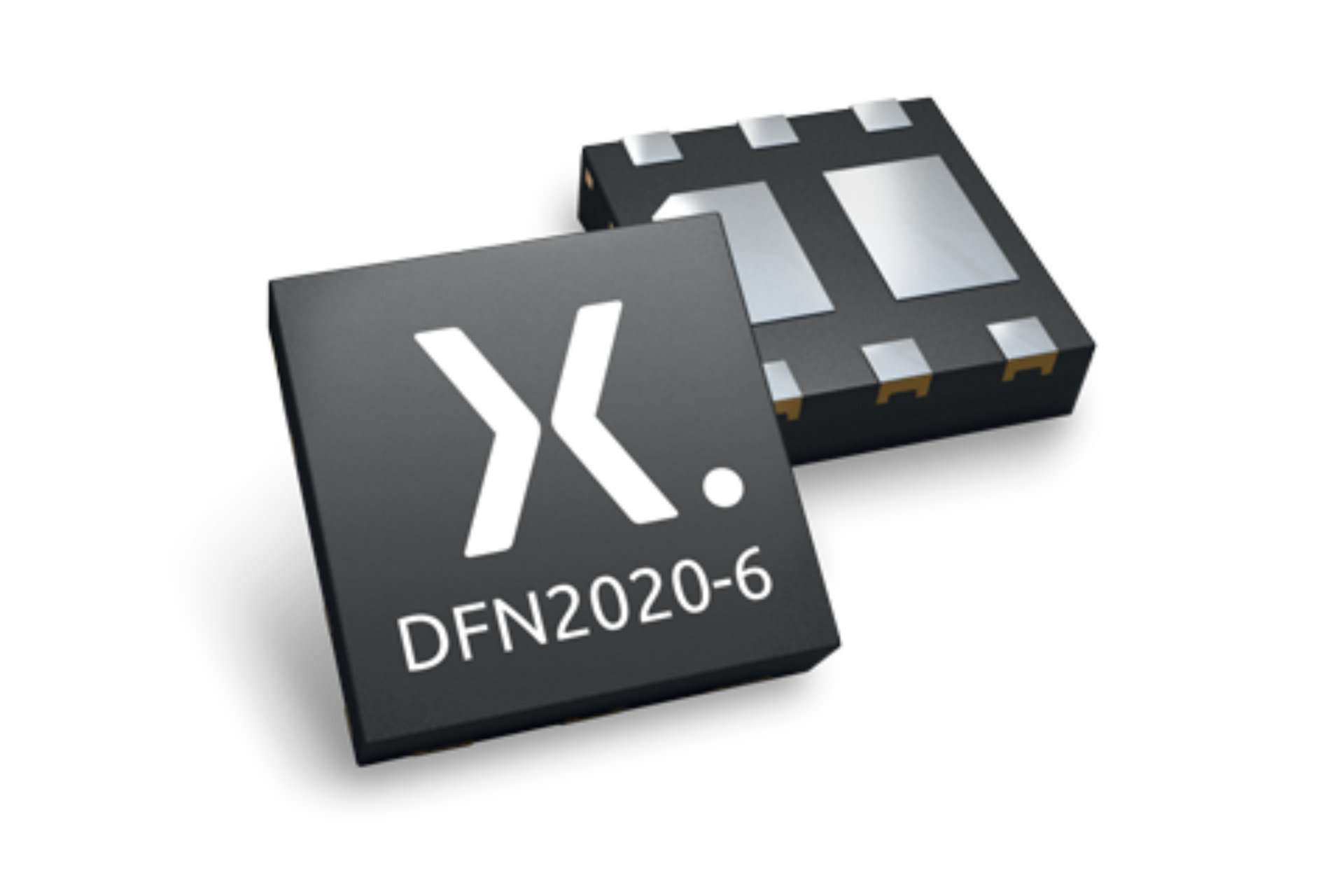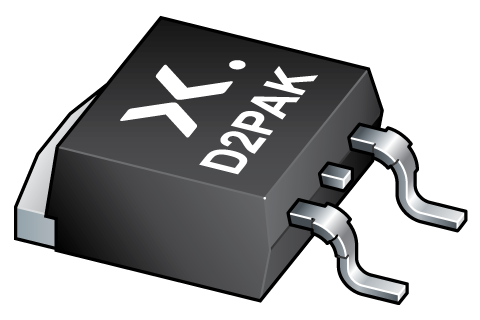
Register once, drag and drop ECAD models into your CAD tool and speed up your design.
Click here for more informationPHB33NQ20T
N-channel TrenchMOS standard level FET
Standard level N-channel enhancement mode Field-Effect Transistor (FET) in a plastic package using TrenchMOS technology. This product is designed and qualified for use in computing, communications, consumer and industrial applications only.
Features and benefits
Higher operating power due to low thermal resistance
Low conduction losses due to low on-state resistance
Simple gate drive required due to low gate charge
Suitable for high frequency applications due to fast switching characteristics
Applications
DC-to-DC primary side switching
Parametrics
| Type number | Package version | Package name | Product status | Channel type | Nr of transistors | VDS [max] (V) | RDSon [max] @ VGS = 10 V (mΩ) | Tj [max] (°C) | ID [max] (A) | QGD [typ] (nC) | QG(tot) [typ] @ VGS = 10 V (nC) | Ptot [max] (W) | Qr [typ] (nC) | VGSth [typ] (V) | Automotive qualified | Ciss [typ] (pF) | Coss [typ] (pF) | Release date |
|---|---|---|---|---|---|---|---|---|---|---|---|---|---|---|---|---|---|---|
| PHB33NQ20T | SOT404 | D2PAK | End of life | N | 1 | 200 | 77 | 175 | 32.7 | 9.6 | 32.2 | 230 | 645 | 3 | N | 1870 | 230 | 2010-11-01 |
Package
All type numbers in the table below are discontinued.
| Type number | Orderable part number, (Ordering code (12NC)) | Status | Marking | Package | Package information | Reflow-/Wave soldering | Packing |
|---|---|---|---|---|---|---|---|
| PHB33NQ20T | PHB33NQ20T,118 (934058109118) |
Discontinued / End-of-life | PHB 33NQ20T |

D2PAK (SOT404) |
SOT404 |
WAVE_BG-BD-1
|
SOT404_118 |
Environmental information
All type numbers in the table below are discontinued.
| Type number | Orderable part number | Chemical content | RoHS | RHF-indicator |
|---|---|---|---|---|
| PHB33NQ20T | PHB33NQ20T,118 | PHB33NQ20T |
|
|
Documentation (21)
| File name | Title | Type | Date |
|---|---|---|---|
| PHB33NQ20T | N-channel TrenchMOS standard level FET | Data sheet | 2017-06-08 |
| AN10273 | Power MOSFET single-shot and repetitive avalanche ruggedness rating | Application note | 2026-02-12 |
| AN10874_ZH | LFPAK MOSFET thermal design guide, Chinese version | Application note | 2020-04-30 |
| AN11113_ZH | LFPAK MOSFET thermal design guide - Part 2 | Application note | 2020-04-30 |
| AN11156 | Using Power MOSFET Zth Curves | Application note | 2025-10-21 |
| AN11158 | Understanding power MOSFET data sheet parameters | Application note | 2025-10-21 |
| AN11158_ZH | Understanding power MOSFET data sheet parameters | Application note | 2021-01-04 |
| AN11160 | Designing RC Snubbers | Application note | 2025-09-10 |
| AN11243 | Failure signature of Electrical Overstress on Power MOSFETs | Application note | 2025-09-08 |
| AN11261 | RC Thermal Models | Application note | 2025-09-10 |
| AN11599 | Using power MOSFETs in parallel | Application note | 2016-07-13 |
| AN90063 | Questions about package outline drawings | Application note | 2025-10-22 |
| SOT404 | 3D model for products with SOT226 package | Design support | 2017-06-30 |
| Nexperia_package_poster | Nexperia package poster | Leaflet | 2020-05-15 |
| D2PAK_SOT404_mk | plastic, single-ended surface-mounted package (D2PAK); 3 terminals (one lead cropped); 2.54 mm pitch; 11 mm x 10 mm x 4.3 mm body | Marcom graphics | 2017-01-28 |
| REFLOW_BG-BD-1 | Reflow soldering profile | Other type | 2026-02-10 |
| SOT404 | plastic, single-ended surface-mounted package (D2PAK); 3 terminals (one lead cropped); 2.54 mm pitch; 11 mm x 10 mm x 4.3 mm body | Package information | 2022-05-27 |
| Reliability_information_t3_sot404 | Reliability Information T3-SOT404 | Quality document | 2023-01-27 |
| T3_SOT404_PHB33NQ20T_Nexperia_Quality_document | PHB33NQ20T Quality document | Quality document | 2023-01-27 |
| TN00008 | Power MOSFET frequently asked questions and answers | Technical note | 2025-09-10 |
| WAVE_BG-BD-1 | Wave soldering profile | Wave soldering | 2021-09-08 |
Support
Please contact us if you have any questions. If you are in need of design support, please fill in the technical support form, we will get back to you shortly.
Please visit our engineer exchange forum or contact us for further support.
Longevity
The Nexperia Longevity Program is aimed to provide our customers information from time to time about the expected time that our products can be ordered. The NLP is reviewed and updated regularly by our Executive Management Team. View our longevity program here.
Models
| File name | Title | Type | Date |
|---|---|---|---|
| SOT404 | 3D model for products with SOT226 package | Design support | 2017-06-30 |
How does it work?
The interactive datasheets are based on the Nexperia MOSFET precision electrothermal models. With our interactive datasheets you can simply specify your own conditions interactively. Start by changing the values of the conditions. You can do this by using the sliders in the condition fields. By dragging the sliders you will see how the MOSFET will perform at the new conditions set.
